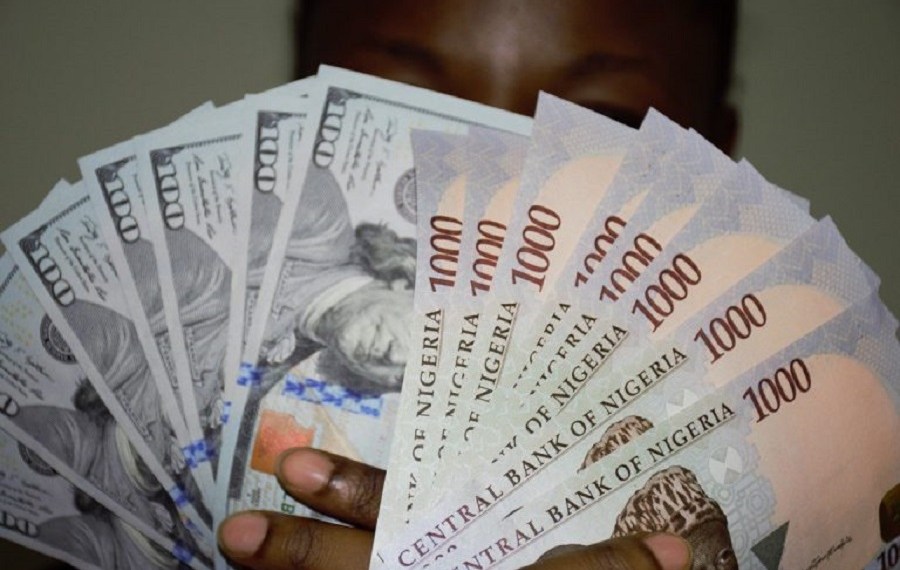
Aboki Naira To Dollar Black Market Rate Today 2nd November 2024
The Nigerian Naira experienced further depreciation against the US Dollar in the black market, also known as the parallel market, on Saturday, November 2, 2024.
Sources from within the market indicate that the buying rate for the dollar stood at ₦1,730 while the selling rate was quoted at ₦1,735, showcasing a slight but notable increase from the previous day’s rates.
Trending Now!!:
This fluctuation comes amidst ongoing economic challenges within Nigeria, including forex shortages and policy adjustments by the Central Bank of Nigeria (CBN). Despite the CBN’s efforts to stabilize the Naira through various monetary policies, the black market continues to reflect the economic pressures faced by the country.
Market Insights
- Black Market Rates: Traders in the Lagos parallel market were seen buying dollars at ₦1,730 and selling at ₦1,735. This rate represents a marginal increase, suggesting persistent demand for foreign currency, which outstrips supply.
- Official vs. Black Market: While the official exchange rate set by the CBN might differ, the black market often reflects the true market forces at play, where the Naira’s value is determined more by demand and supply rather than regulatory controls.
- Economic Implications: The widening gap between official and black market rates often indicates economic policies that are not fully aligning with market realities, leading to increased activities in parallel markets.
Economists and financial analysts have pointed out that the persistent devaluation of the Naira in the black market could be indicative of several factors:
- Foreign Exchange Shortages: The ongoing struggle to meet the demand for dollars for both commercial and individual uses continues to pressure the Naira’s value.
- Inflation and Economic Policies: High inflation rates and government policies that affect liquidity in the forex market play significant roles in these fluctuations.
- Speculative Trading: Speculative activities in the forex market, where traders buy and sell currencies in anticipation of future value changes, also contribute to the volatility.
The government and the CBN have been under scrutiny to address these issues, with calls for more transparent and market-driven forex policies. However, until there’s a significant shift in policy or an improvement in the economic indicators, the black market is expected to continue its dynamic pricing, reflecting the economic pulse of Nigeria.
These rates signify the need for strategic financial planning for individuals and businesses, especially for transactions involving foreign currencies. As the situation evolves, staying updated with both official and black market rates becomes crucial for economic actors within Nigeria.


